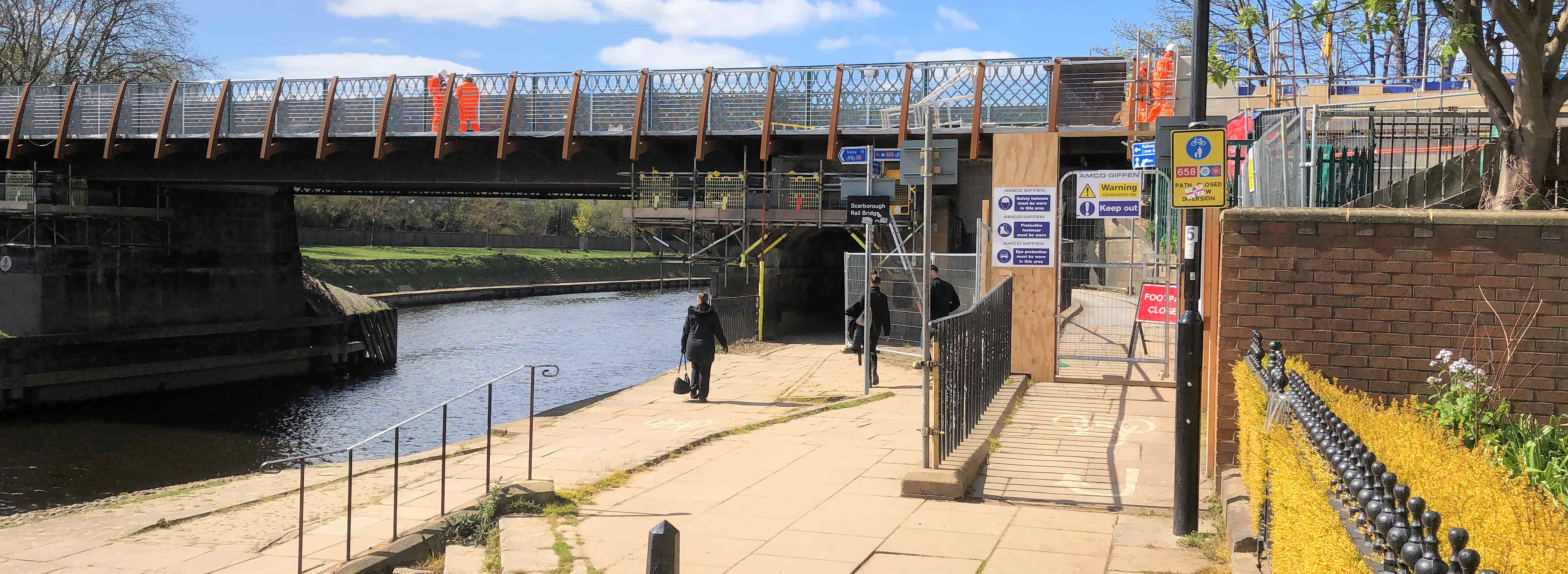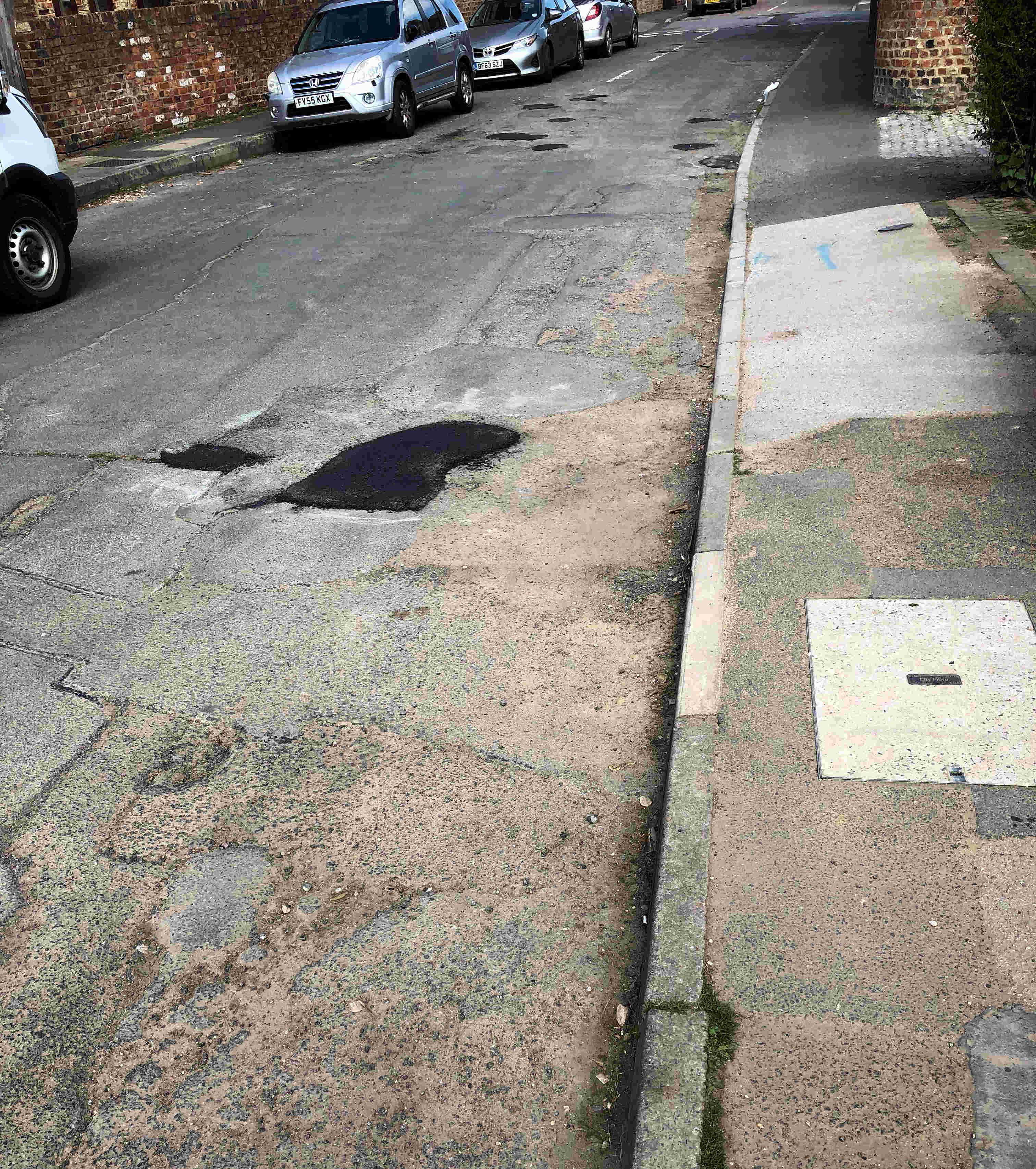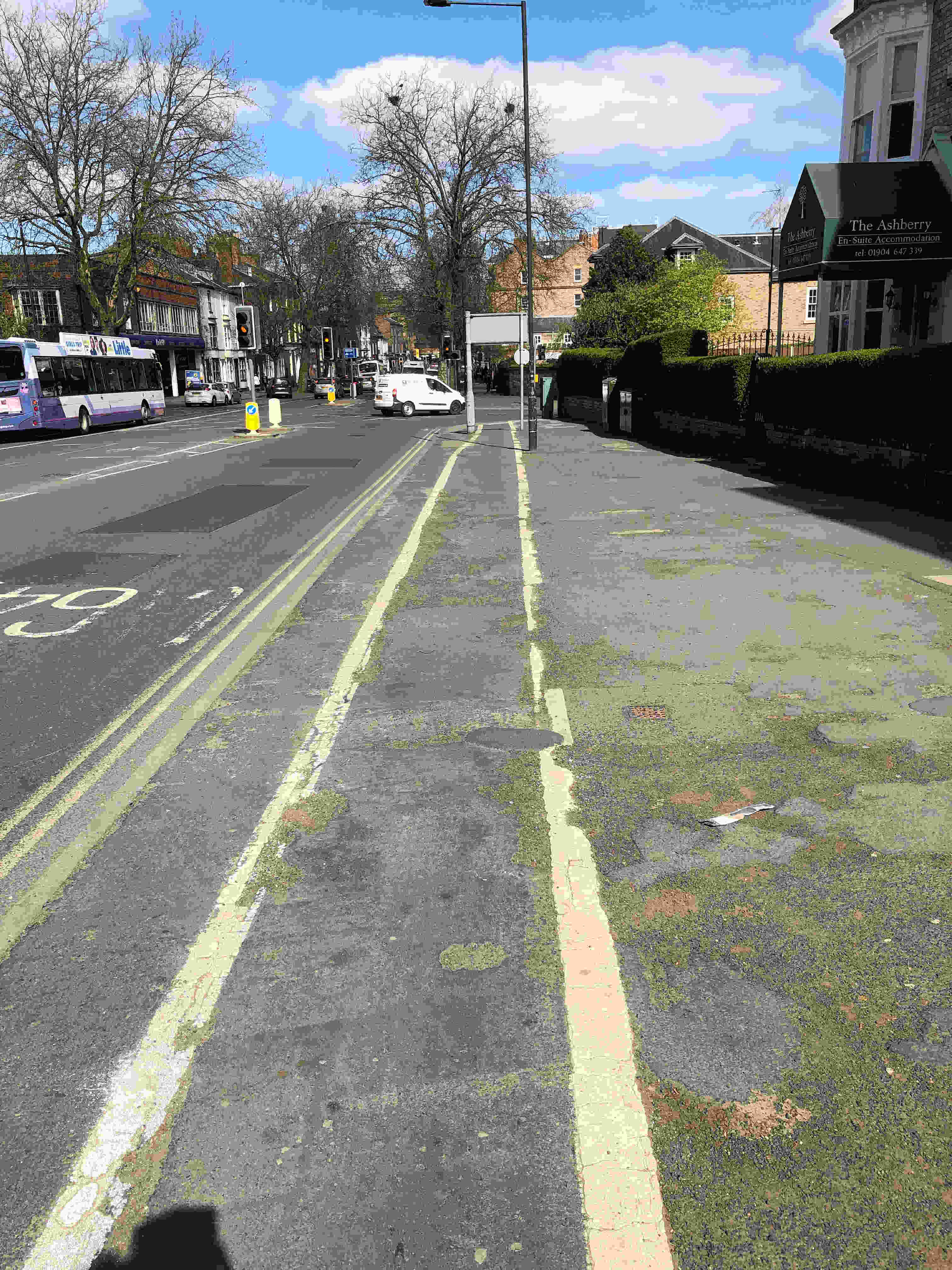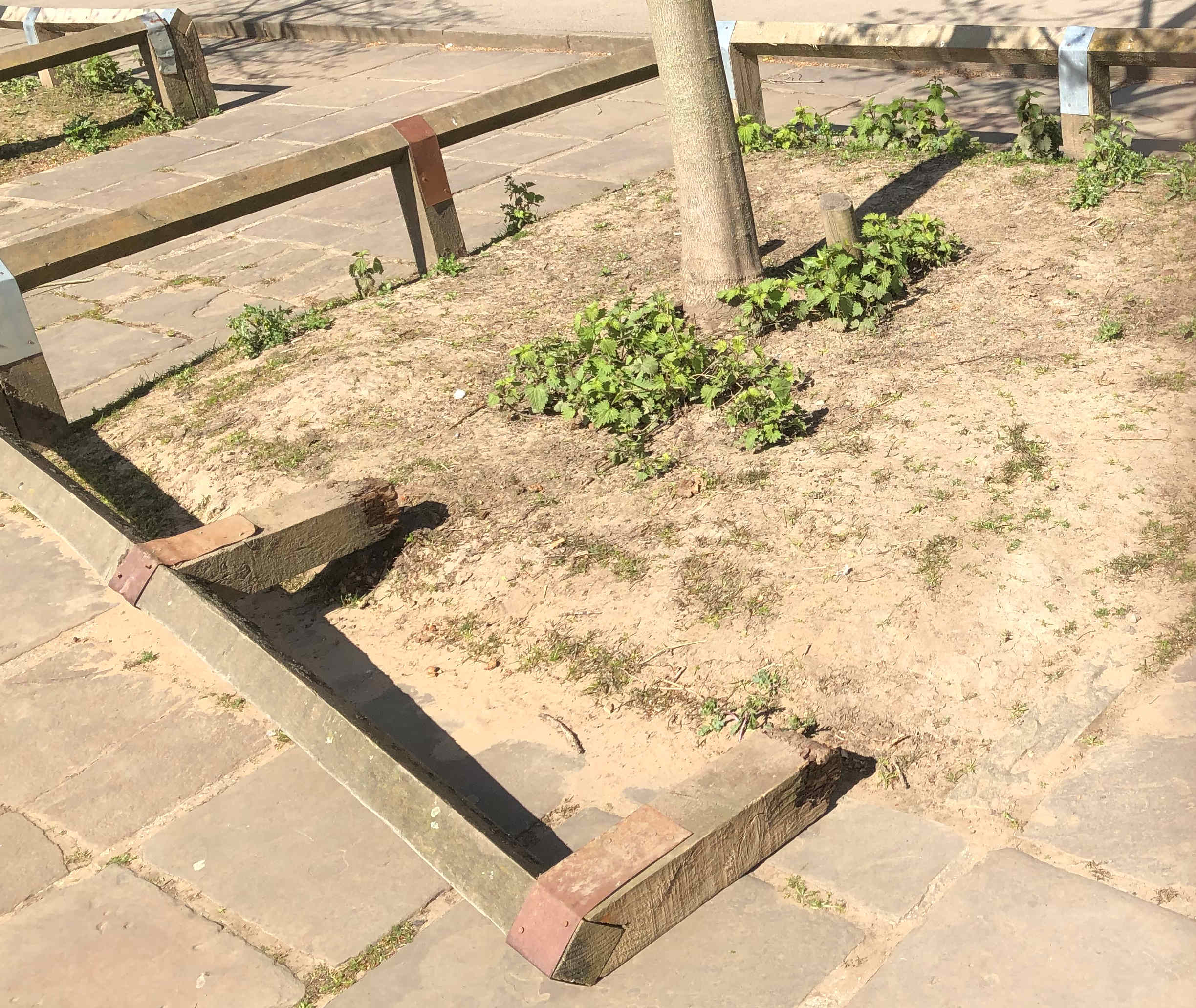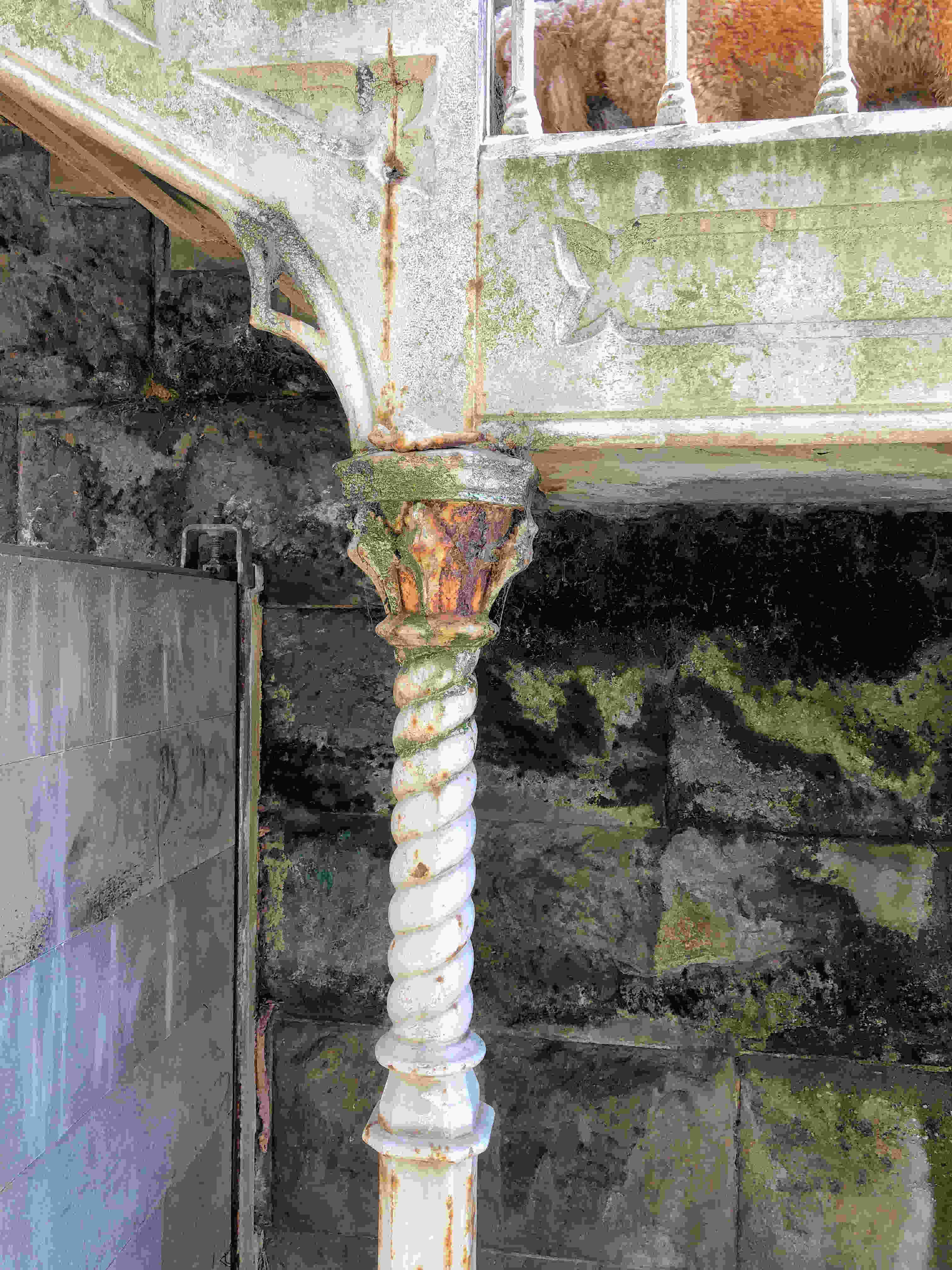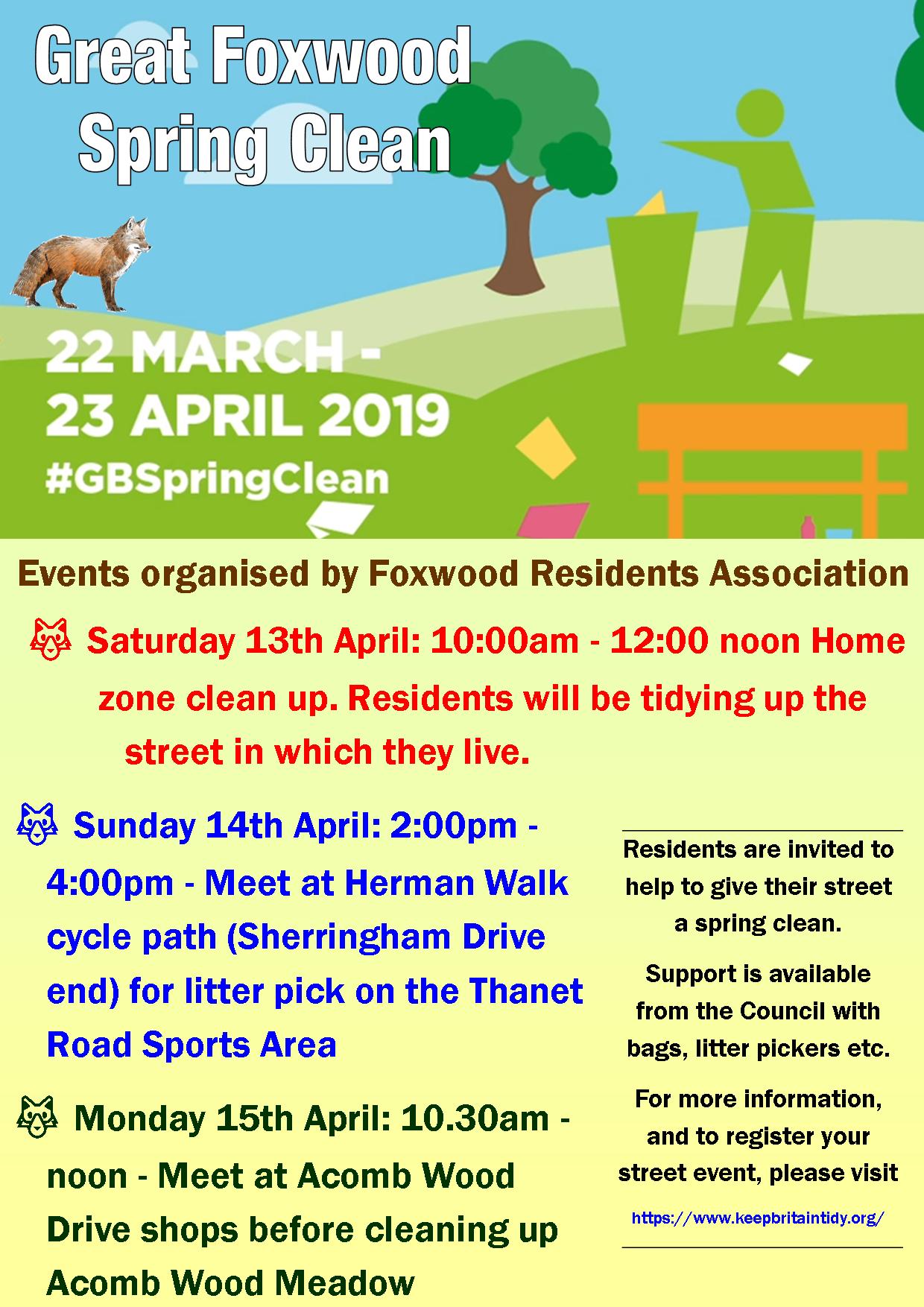First have announced changes to the number 1 bus service from 29th April. The service from Chapelfields will take 20 minutes to get to the Theatre Royal
A copy of the new timetable can be viewed by clicking this link
First have announced changes to the number 1 bus service from 29th April. The service from Chapelfields will take 20 minutes to get to the Theatre Royal
A copy of the new timetable can be viewed by clicking this link
Over a year ago The Press published an article in which one of the City’s MPs criticised the Council for the backlog of work needed to reduce the amount of ponding under its properties.
We wondered at the time whether the figures quoted (200 affected homes) were the whole story.
It seems not.
It has taken months of correspondence to get the facts including the scale of involvement by local MPs.
So, what is now clear?
At the time of the article there were 200 outstanding complaints about water ponding under Council houses. A programme of work had been initiated in 2016 by the new coalition administration to deal with the issue. The previous Labour run Council didn’t have a programme of remedial works nor did they monitor complaints.
Tenants reported 9 instances of standing water problems in the 12 months ending March 2018.
It seems that local MPs were reporting about 2 ponding issues a year. They reported more issues with condensation (and overcrowding) but these were not connected to the standing water issue.
The number of properties affected by damp had fallen from 466 in 2013 to 176 by the end of March 2018.
We can conclude therefore that the Council does now have a programme aimed at dealing with standing water under homes. About 45 homes a year are having remedial works undertaken.
There are likely to be more properties with water standing in the foundations, at some times of the year, but the occupiers may not be aware of the issue
The number of Council homes suffering from dampness has reduced significantly.
NB. Our FOI request for details of Councillor complaints about standing water was turned down on cost grounds (the Council don’t have a customer relationship management system which allows this information to be found easily)
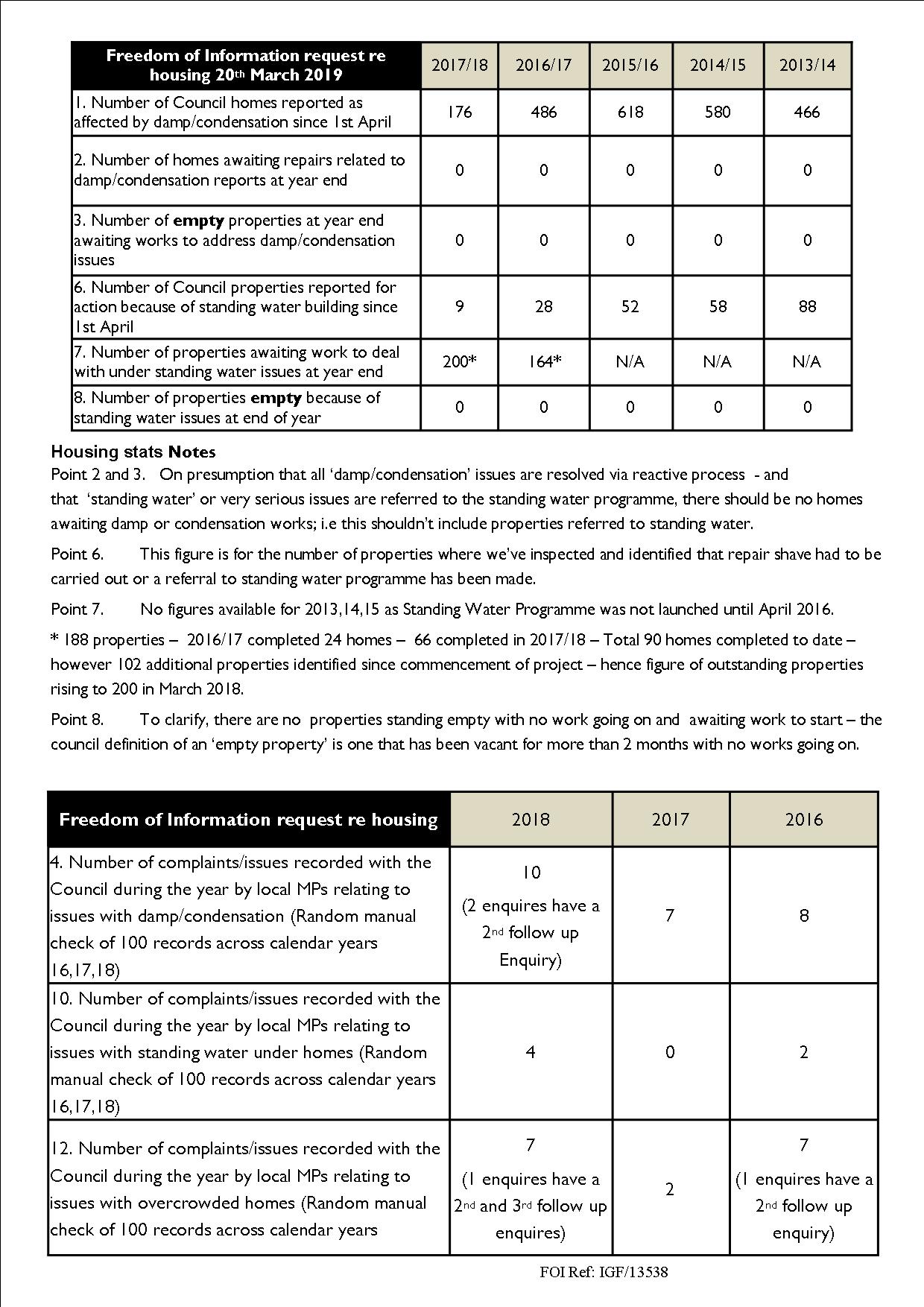
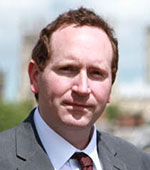
Copies of invoices submitted by solicitors acting for the Council have now been published. They total rather more that the figure admitted by the Council.
Cllr Aspden had – unjustifiably as it turned out – been accused of breaking the Council’s Code of conduct.
Cllr Aspden was suspended from his executive position and was only recently formally exonerated.
In addition to the costs of engaging outside solicitors, the Council incurred undisclosed internal staffing and other expenses.
As well as loss of earnings, Cllr Aspden was forced do pay for his own legal representation.
To put the matter into perspective, had the £98,000 been spent on road repairs then an additional 6 streets in the City could have been resurfaced last year.
The matter is still subject to an inquiry into how the case came to be so badly mishandled. Compensation may also be on the cards.
At least one official who was involved in the case is set to leave the authority.
